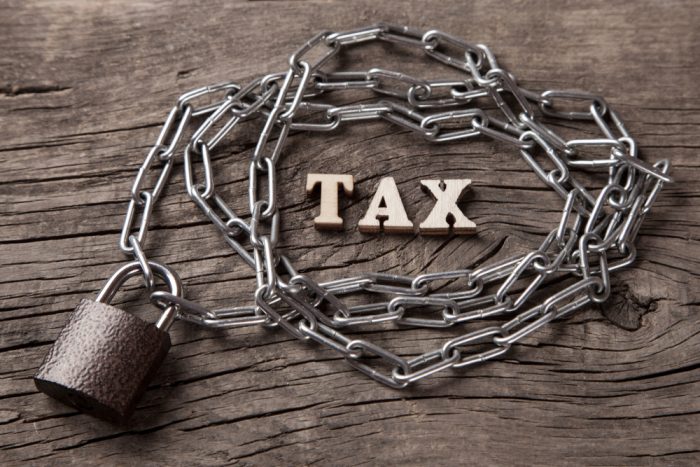The Insurance Premium Tax (IPT) collected by HM Treasury increased by around £100m to £1.8bn for the first two months of the tax year, according to consultancy OAC.
The figure is a 5.5% increase on the £1.7bn collected by the same point last year.
Cara Spinks, head of insurance consulting at OAC, noted IPT was continuing to pull in increasing revenues for the Treasury and 2023/24 looked set to be no different with another bumper year in the pipeline.
“It follows growing calls from the industry for health insurance to be given a specific carve out as growing pressures on the NHS drive increased demand for products like private medical insurance (PMI) and health cash plans,” Spinks said.
The subject of taxing health insurance has become even higher profile with rising NHS waiting lists, but a concerted push by the industry was not recognised in chancellor Jeremy Hunt’s Budget this spring.
Earlier this year, Health & Protection’s inaugural Health Summit heard the sector should change tack in its campaign for cuts to private medical insurance tax and focus on P11D benefits charges.
Spinks pointed to the benefits that a targeted tax cut would have on people who want to get back to work but need to contribute to their own healthcare.
“There were record private health admissions in 2022 and economic inactivity because of ill-health is continuing to climb,” Spinks said.
“A targeted tax cut may be a blow to the Treasury but would support those needing to contribute towards their own healthcare to access the treatment they need to get back to work.
“Conversely, the financial loss to the Treasury may pay for itself through increased productivity, lower economic inactivity because of ill-health and economic growth.”
Similar points have been made earlier in the year, but so far the Treasury has refused to budge.
In March, insurers Axa Health, Aviva and Bupa called for the taxation of private provision to be addressed along with trade bodies the Association of Medical Insurers and Intermediaries (AMII), the British Insurance Brokers Association (BIBA), the Association of British Insurers (ABI) and Confederation of British Industry.
Calls for a reduction in the tax have also come from the charity sector.
Earlier this month the Royal Society for the Prevention of Cruelty to Animals (RSPCA) endorsed calls for tax breaks or other support from government to support workplace healthcare after staff absence cost it £1.3m in 2020.
And more recently, Equipsme managing director Matthew Reed told Health & Protection that removing P11D taxation would support the trend of more employers embracing whole of workforce solutions offering health benefits to every employee at an organisation, rather than being limited to top executives or high earners.
